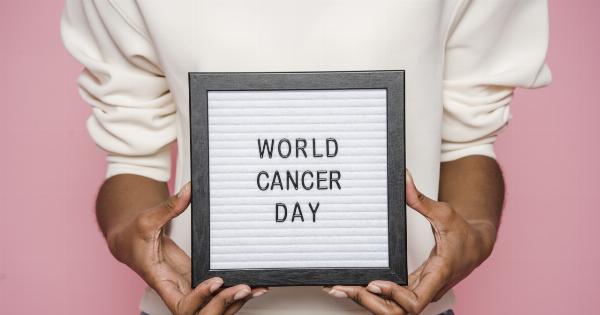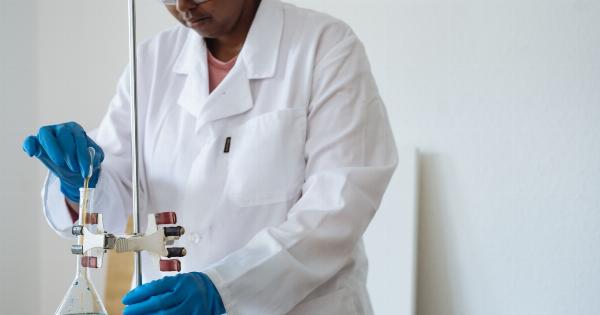Cancer is a life altering disease and it can strike anyone at any age. While cancer is most commonly associated with the elderly, it can also occur in young people.
Detecting cancer in young people can be a challenge as the symptoms are often vague and easily dismissed. In this article, we will be discussing how to detect cancer in young people.
Recognizing the Symptoms
One of the main challenges in detecting cancer in young people is recognizing the symptoms. Due to the fact that cancer in young people is rare, doctors typically do not look for cancer as a potential cause of symptoms.
Some common symptoms of cancer in young people that should not be ignored are:.
- Unexplained weight loss
- Fatigue
- Fever
- Persistent cough
- Pain that does not go away
- Swollen lymph nodes
- Changes in bowel habits
- Changes in menstrual cycle
- Unusual bleeding
Medical Exams
If a young person experiences any of the above symptoms, it is important to see a doctor. The doctor can perform a physical exam and order various tests to investigate the cause of the symptoms.
Some common tests that doctors use to detect cancer in young people include:.
- Blood tests – can detect cancer cells or tumor markers in the blood
- Ultrasounds – can detect abnormal growths in the body
- X-rays – can detect tumors or other abnormalities in the body
- CT scan – can detect tumors in the body
- MRI – can detect tumors in the body and can provide more details than a CT scan
- PET scan – can detect cancer cells in the body that may not be visible on other tests
- Biopsies – involve removing a small amount of tissue for examination under a microscope to determine if cancer cells are present
Genetic Testing
Some types of cancer are caused by inherited genetic mutations. If a young person has a family history of certain types of cancer, they may be at an increased risk for developing cancer themselves.
Genetic testing can be done to determine if a person has inherited a genetic mutation that increases their risk of developing cancer. If a young person is found to have an inherited genetic mutation, they may need to undergo more frequent cancer screenings or take preventative measures to reduce their risk of developing cancer.
Cancer Screenings
Even if a young person does not have any symptoms of cancer, it is still important for them to undergo cancer screenings. Some cancers, such as breast cancer and testicular cancer, are more common in young people.
By undergoing cancer screenings, cancer can be detected early when it is most treatable. Some common cancer screenings for young people include:.
- Breast exam – women should perform self-exams and have regular professional exams starting at age 20
- Pap smear – women should start having pap smears at age 21
- Clinical breast exam – women should have a clinical breast exam every 3 years starting at age 20 and every year starting at age 40
- Mammogram – women with a family history of breast cancer may need to start having mammograms earlier than age 40
- Testicular exam – men should perform self-exams and have regular professional exams starting at age 15
- Colonoscopy – people at average risk for colon cancer should start having colonoscopies at age 45
Conclusion
Cancer can be a scary and life altering disease. Detecting cancer in young people can be challenging as the symptoms are often vague and similar to other common illnesses.
It is important for young people to be aware of the symptoms of cancer and to seek medical attention if they experience any of them. In addition, young people should undergo regular cancer screenings even if they are not experiencing any symptoms. By detecting cancer early, it is more treatable and has a better prognosis.



























